The UEFA Women's Euro 2025 may be over, but its legacy will go down in history forever. It was a tournament defined by grit, drama, and an incredible final that saw England once again crowned European champions for a second title in a row. Held across Switzerland, this edition of the tournament broke records worldwide and captured the attention of a wider base of fans than ever before. For those of you who missed the euros or are just catching up, this guide will walks you through everything that happened - including how the teams qualified, where the key matches took place, the best players of the tournament, and everything in between.
Key Takeaways: What's Inside this Guide
- Tournament overview - How the tournament is structured and what sets it apart from other tournaments on the women's football radar
- Qualification journey - this section takes an in depth look into how each team made it through the UEFA's new league style qualification system
- Host cities and stadiums - First time hosts, Switzerland stepped up to host this years euros. We'll take you through a little journey into each of the eight unique Swiss cities that staged the action
- Schedule and results - the full timeline of the tournament, from the first opening game to the final whistle. A must read if you sadly missed the action for yourself
- The star players and top teams of the tournament - this year's euros wasn't short of spectacular performances from teams and players alike
- Englands and the home nations - while it was England that brought the trophy home, more than one UK team competed in the euros. We'll take a close look at how they fared

An Overview of the UEFA Women's Euro 2025

The UEFA Women's Euro 2025 tournament took place in Switzerland from the 2nd to the 27th of July this year, with 16 teams playing across eight unique cities. The format was simple: four groups of four, top two in each group go through to the quarter finals, then individual knockout style rounds followed from there.
England ended up winning the tournament after a nail-biting round of penalties in the Final at St. Jakob-Park, securing back to back European titles. They're the only team to achieve this milestone since Germany, who dominated the competition with consecutive wins in 2005, 2009, and 2013.
Switzerland's small size worked in its favour when it came to hosting the tournament too. Teams, media, and fans were able to move between cities like without long, tiresome transfers. As a result, the 2025 edition of the Euros felt very organised and streamlined compared with other women's football events in the English and European women's calendars.
This edition of the women's Euro actually saw higher numbers of attendance than ever before. Across 31 matches, an estimated total of around 657,291 people attended the games. What's more, almost every game was a sellout, with 29 of the 31 matches hitting full capacity
How Did Teams Qualify for Euro 2025?

Unlike past editions, qualifying for this year's Euros was based on an entirely new format. Instead of one long group stage, teams were split into leagues based on how they performed in the UEFA Women's Nations League in 2023. From here, matches were played within each league, allowing counties to face opponents of a similar level throughout the qualification process.
The Qualification Process at a Glance
Feeling a bit confused? Check out the timeline below for a better sense of the whole process of qualifying for the Euros played out.
| Stage | What Happened | When |
|---|---|---|
| Nations League Concludes | Teams are sorted into Leagues A, B and C based on 2023 Nations League results | Late 2023 |
| League Matches Begin | Teams play home and away matches in their groups | April – July 2024 |
| Top 8 Qualify Automatically | Top two teams in each League A group secure a place at Euro 2025 | July 2024 |
| Play Off Round 1 | Lower League A teams face off against League C group winners and runners-up | October 2024 |
| Play Off Round 2 | Winners from Round 1 meet top League B teams: winners go through to the finals | November 2024 |
| Final Line Up is Confirmed | Confirmed 7 teams qualify through the play-offs, joining 8 automatic qualifiers + host | Late November 2024 |
This new structure gave mid-ranked nations a genuine shot at qualifications - and for some, it paid off. For example, Wales became first-time qualifiers via the League C to Play-off route while Poland returned to the Euros after missing out on the 2022 competition.

Schedule and Results of the Women's UEFA Euros 2025
From the opening game in Thun to the dramatic final in Basil, the women's Euro certainly delivered a packed month of football. If you're one of the unlucky ones who missed it, the section below details the full timeline so you can check out exactly how the tournament unfolded match by match.
Did you know the Euros isn't the only European-style tournament up for grabs? There's also the Women's Champions League, which pits Europe's best national clubs against one another.
Group Stage Matches
2 July 2025 (Matchday 1)
Iceland 0–1 Finland (Arena Thun, Thun) & Switzerland 1–2 Norway (St. Jakob-Park, Basel)
3 July
Belgium 0–1 Italy (Stade de Tourbillon, Sion) & Spain 5–0 Portugal (Stadion Wankdorf, Bern)
4 July
Denmark 0–1 Sweden (Stade de Genève, Geneva) & Germany 2–0 Poland (Arena St. Gallen, St. Gallen
5 July
Wales 0–3 Netherlands (Allmend Stadion Luzern, Lucerne) & France 0–1 England (Stadion Letzigrund, Zurich)
6 July 2025 (Matchday 2)
Norway 2–1 Finland (Stade de Tourbillon, Sion) & Switzerland 2–0 Iceland (Stadion Wankdorf, Bern)
July 7
Spain 6–2 Belgium (Arena Thun, Thun) & Portugal 1–1 Italy (Stade de Genève, Geneva)
July 8
Germany 2–1 Denmark (St. Jakob Park, Basel) & Poland 0–3 Sweden (Allmend Stadion Luzern)
July 9
England 4–0 Netherlands (Stadion Letzigrund, Zurich) & France 4–1 Wales (Arena St. Gallen, St. Gallen)
July 10 2025 (Matchday 3)
Finland 1–1 Switzerland (Stade de Genève, Geneva)& Norway 4–3 Iceland (Arena Thun, Thun)
July 11
Italy 1–3 Spain (Stadion Wankdorf, Bern) & Portugal 1–2 Belgium (Stade de Tourbillon, Sion)
July 12
Sweden 4–1 Germany (Stadion Letzigrund, Zurich) & Poland 0–1 Denmark (Allmend Stadion Luzern, Lucerne)
July 13
Netherlands 2–5 France (St. Jakob-Park, Basel) & England 6–1 Wales (Arena St. Gallen, St. Gallen)
Quarter Finals 🥉
16 July
Norway 1–2 Italy (Stade de Genève, Geneva)
17 July
Sweden 2–2 England (England won 3–2 on penalties) (Stadion Letzigrund, Zurich)
18 July
Spain 2–0 Switzerland (Stadion Wankdorf, Bern)
19 July
France 1–1 Germany (Germany won 6–5 on penalties) (St. Jakob-Park, Basel)
Semi Finals 🥈
22 July
England 2–1 Italy (after extra time) (Stade de Genève, Geneva)
23 July
Spain 1–0 Germany (after extra time) (Stadion Letzigrund, Zurich)
Final 🏆
27 July
England 1–1 Spain (after extra time, St. Jakob‑Park, Basel)
England won 3 1 on penalties, retaining the Euro title. Chloe Kelly scored the decisive spot kick and Hannah Hampton made two crucial saves.
Top 5 players of the UEFA Women's Euro 2025
This summer's Euros saw world-class performances throughout; however, in this section, we've selected five players who we feel consistently rose above the rest. Whether it was stepping up in clutch moments or turning the tide of the match in their team's favour, each of the starting players featured (many of them WSL players in the UK themselves) below left their own interesting mark on the tournament.
England and the Home Nations: How they Fared

On the 27th of July 2025, England once again made history. After cruising through the group stages without too much difficulty, the Lionesses stepped it up even further in the knockouts - seeing off Sweden in the finals (who can forget those nerve-wrecking penalties) and going on to power past Italy in the semis.
However, the final at St. Jakob Park was anything but a straightforward game, with Spain pushing them to the edge and narrowly missing scoring at 1-1 to steal the title in the dying minutes of extra time. Once again, it all came down to penalties. Making two incredible saves, Hannah Hampton managed to put Spain on the back foot, and from there Alessia Russo calmly stepped up to take England's final spot kick - sending it into the bottom corner and sealing a 4-3 win.
How Did the Other Home Nations Get On?
Scotland 🏴
Unfortunately, Scotland didn't manage to qualify for Euro 2025 this time. They lost in the qualification play-offs to Finland. After a 0-0 draw in the first leg at home, they were beaten 2-0 in Helsinki.
Wales 🏴
On the other hand, Wales managed to secure their first-ever spot in the Women's Euro 2025 finals via the play-offs - defeating opponents like Northern Ireland in path 2 of the qualification structure. Despite this, they sadly exited in the group stage after tough results against teams like France and the Netherlands
Northern Ireland 🇮🇪
Northern Ireland also qualified for the tournament, winning their first round play-off tie against Croatia 2-1. However, they were eliminated in the final tournament group stages, being unable to secure a win for their side.
Host Cities and Stadiums: Euros 2025's Swiss Venues
With Switzerland hosting this year, the decision was made for the 31 matches to take place across eight very different cities - each with its own character, scenery, and footballing culture. Instead of building new arenas, the tournament also made use of stadiums that were already being used, thus cutting costs dramatically and ensuring each venue was fully operational well in advance.
Basel - St.Jakob Park
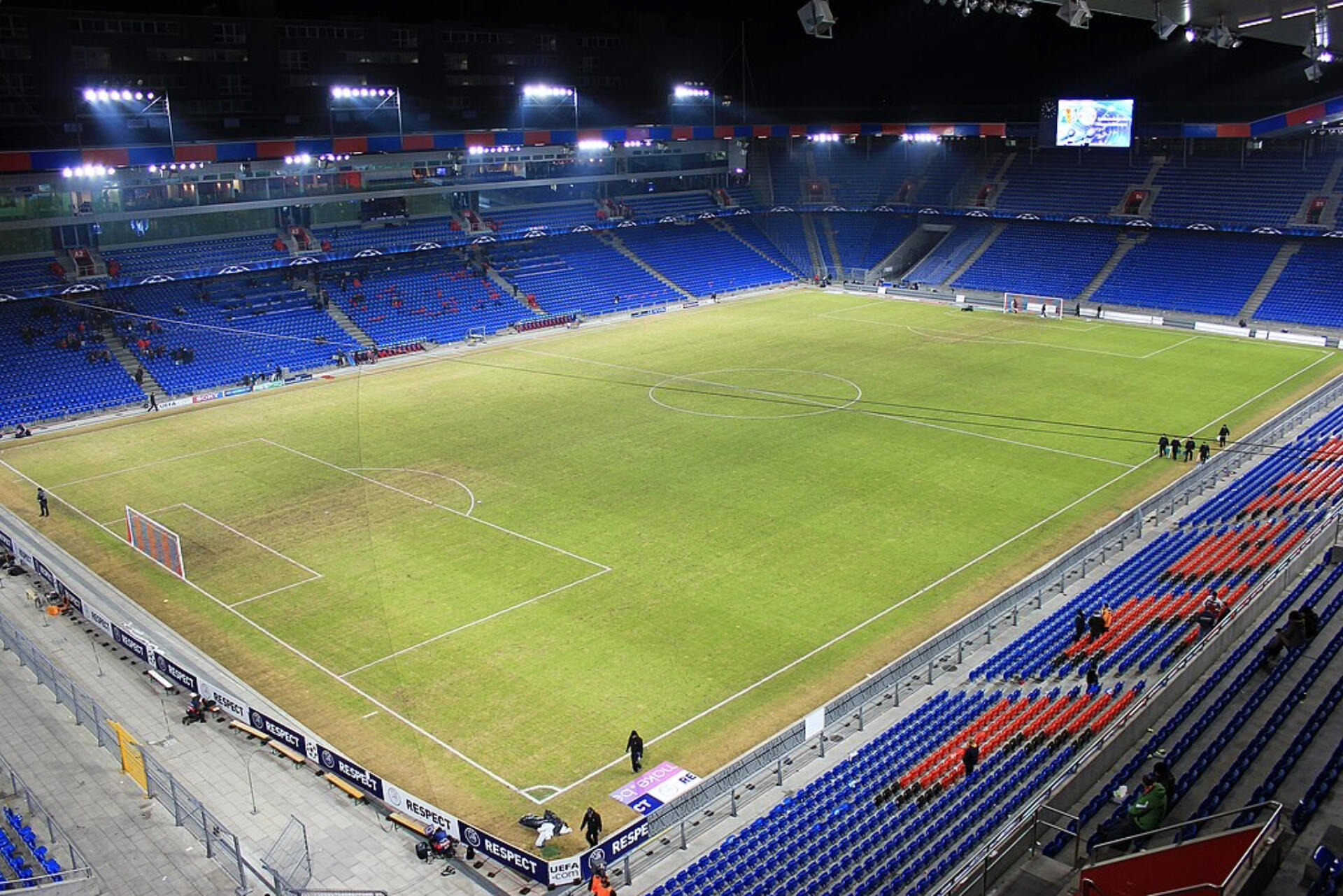
The biggest stadium of the lot and the perfect setting for the final. A staggering 34,000 fans filled St. Jakob Park for the England v Spain final
Bern - Stadion Wankdorf
Steeped in Swiss footballing history, the games played at Wankdorf didn't disappoint, with several tense group stages and one of the semi-finals taking place here.
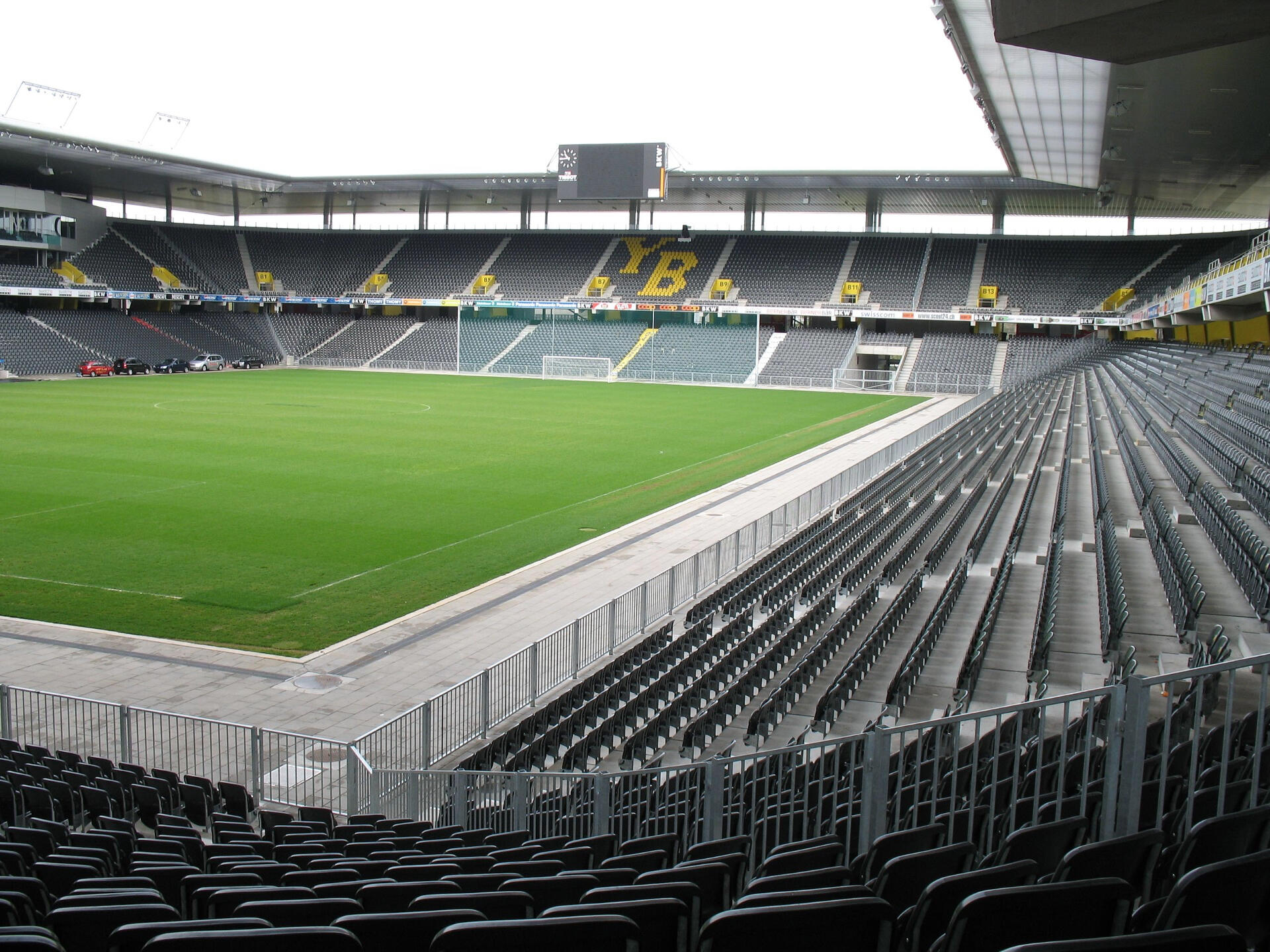
Genva - Stade de Genève
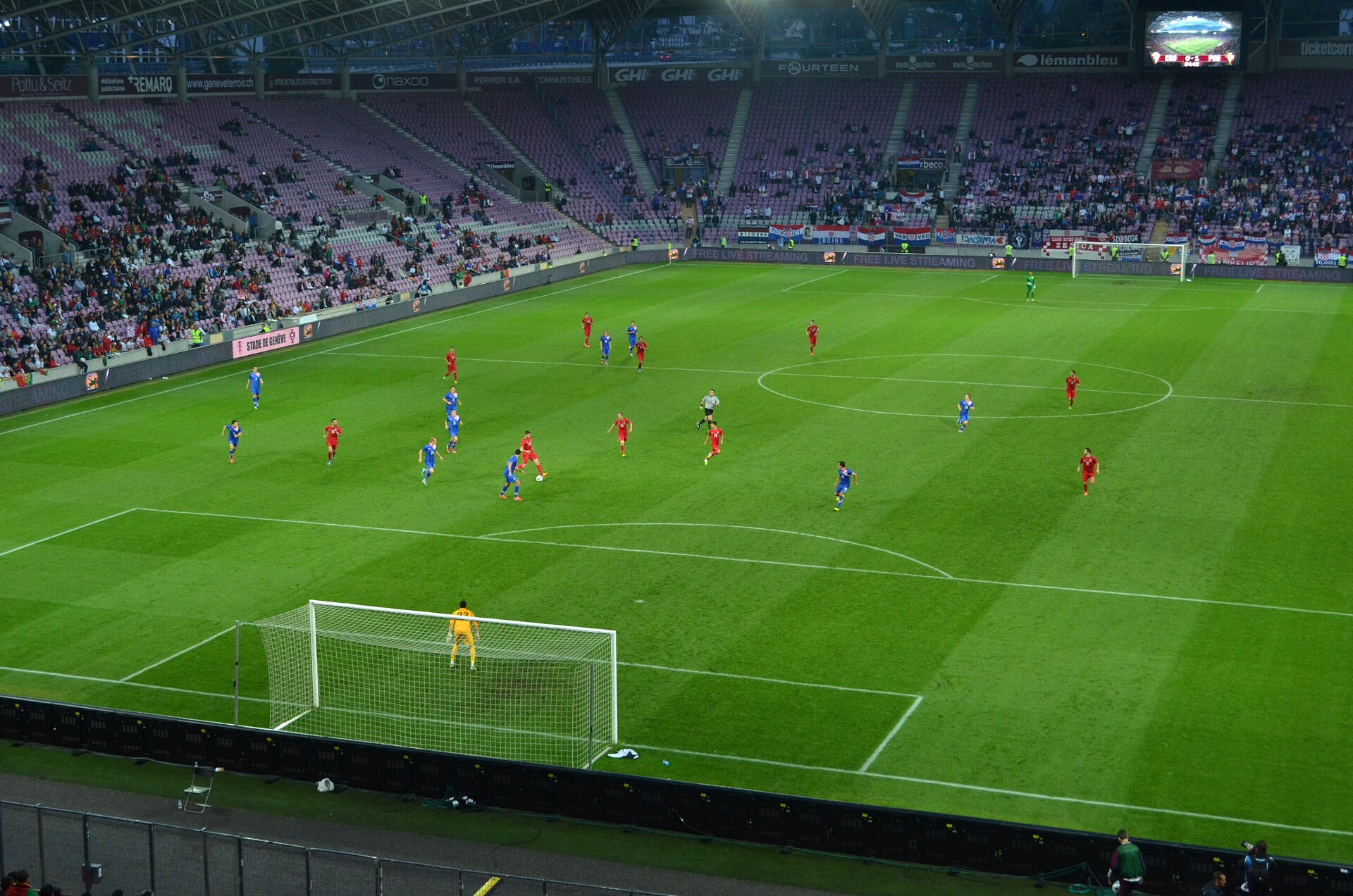
With France just across the border, Geneva has one of the most international fan bases at the tournament. The stadium itself was also very sleek and modern, which made it a favourite venue for fans.
Zurich - Stadion Letzigrund
Best known for hosting athletics, Letzigrund might have seemed a bit of an odd choice at first. However, it adapted pretty well to its role. The Zurich-based stadium hosted three group stage matches in total - all of which completely sold out.
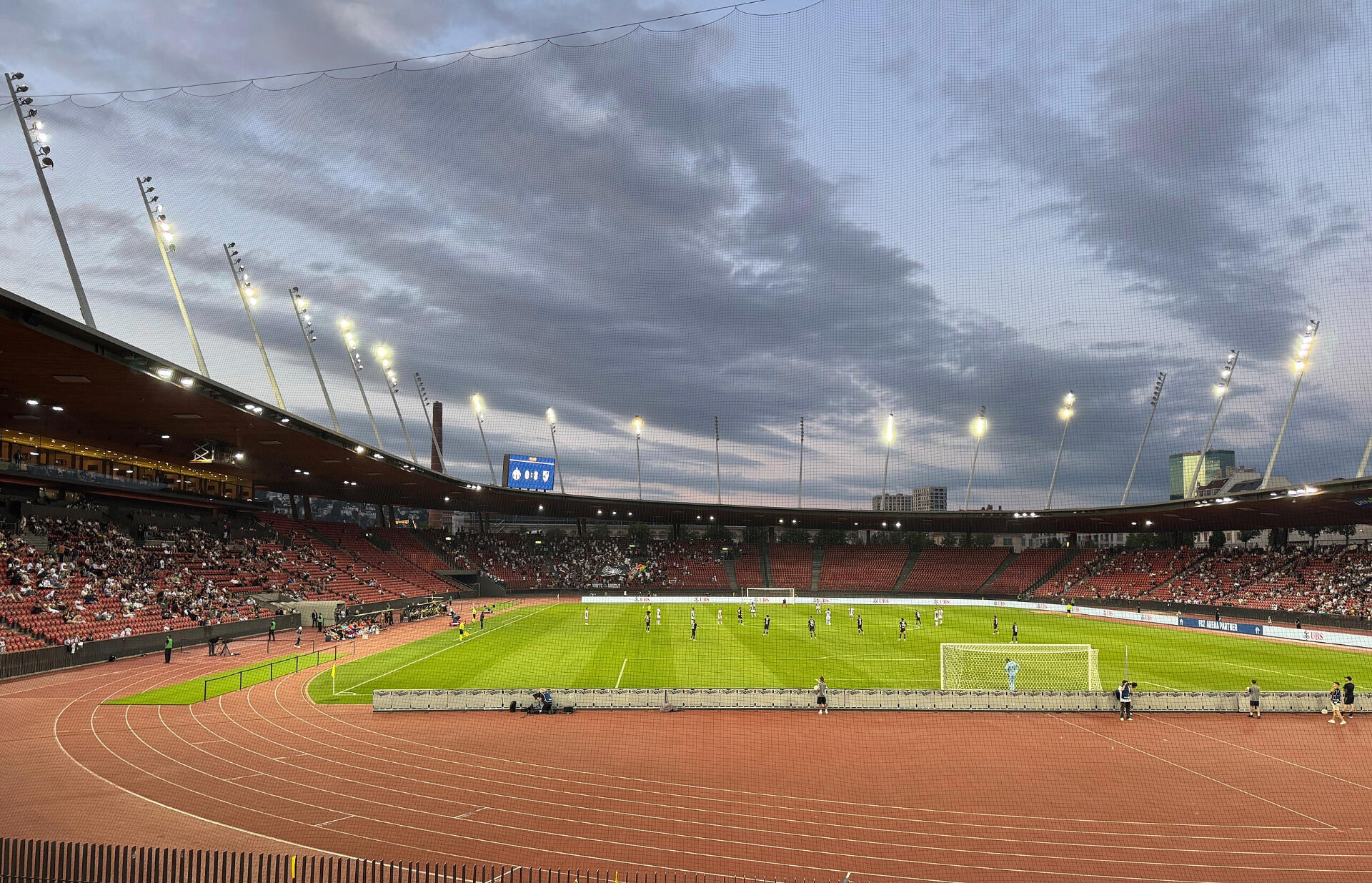
Lucerne - Allmend Stadion Luzern

Small, modern, and surrounded by gorgeous mountains, there's no arguing that Lucerne was the tournament's most scenic setting. As a result of the stadium's compact design, fans had the opportunity to get up close to the action unfolding.
St. Gallen - Arena St Gallen
A bit off the main tourist trail, however, this didn't stop it from becoming one of the noisiest and most passionate venues. St Gallen hosted several dramatic group games, including one of the biggest upsets of the tournament.
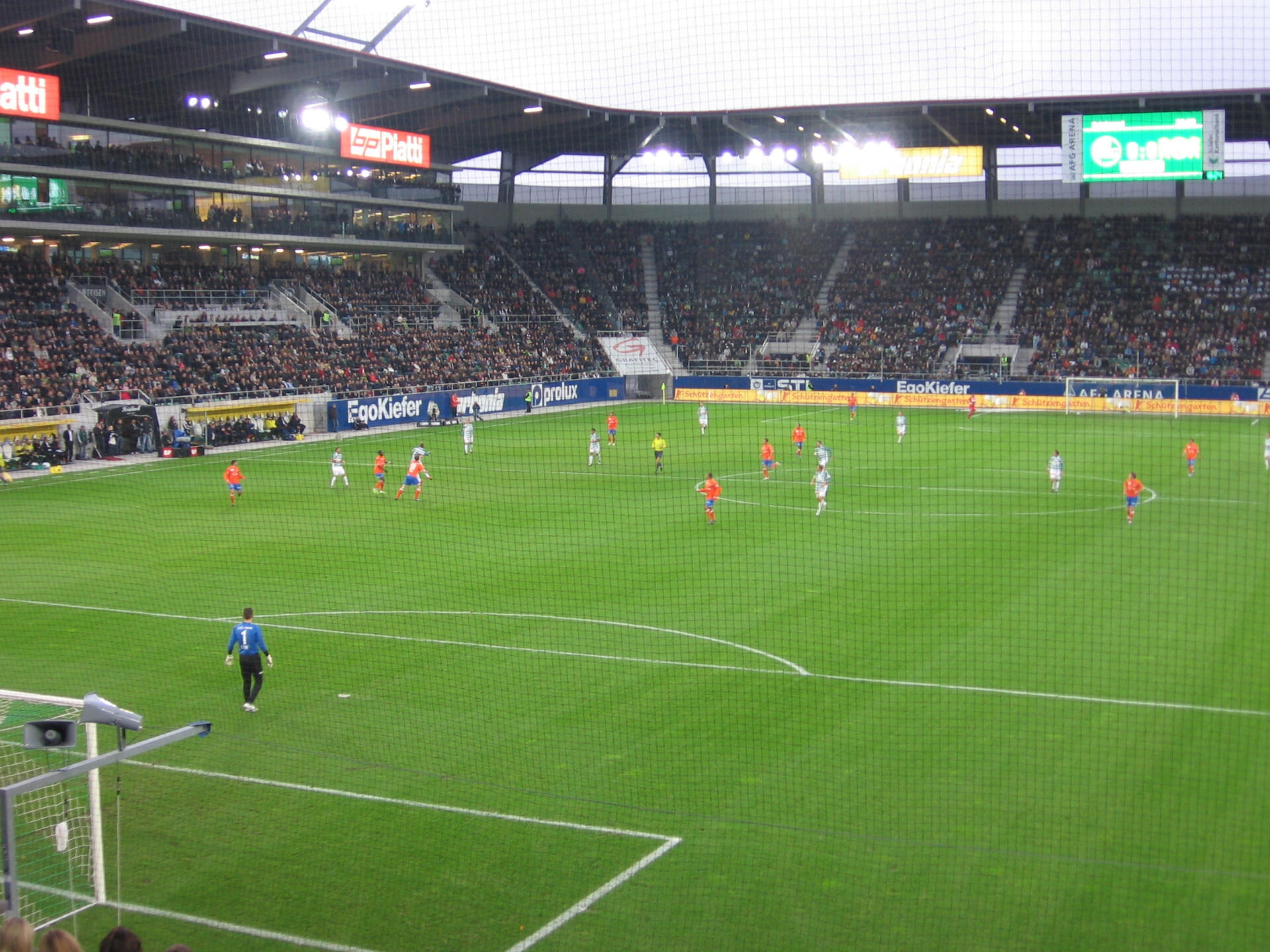
Thun - Arena Thun
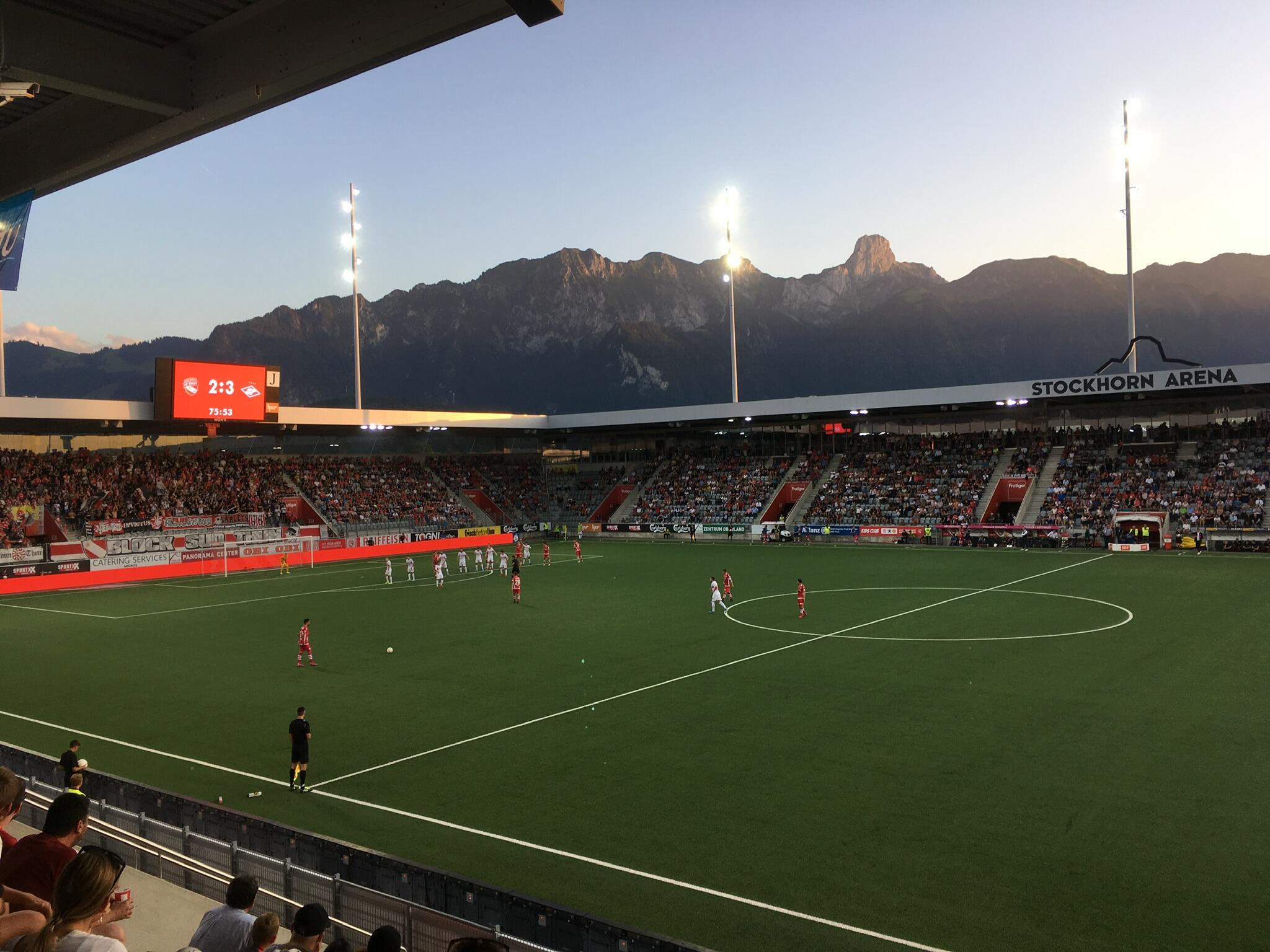
While Thuns' grounds might have been the smallest of the eight (just over 8,000 seats in total), it had plenty of charm. Tucked between hills and with the Alps visible on the horizon, it gave the Euros a proper local feel.
Sion - Stade de Tourbillon
Sion brought a more traditional football feel to the tournament. The Stade Tourbillon is home to FC Sion and has been a regular part of Swiss football since the 1960s.
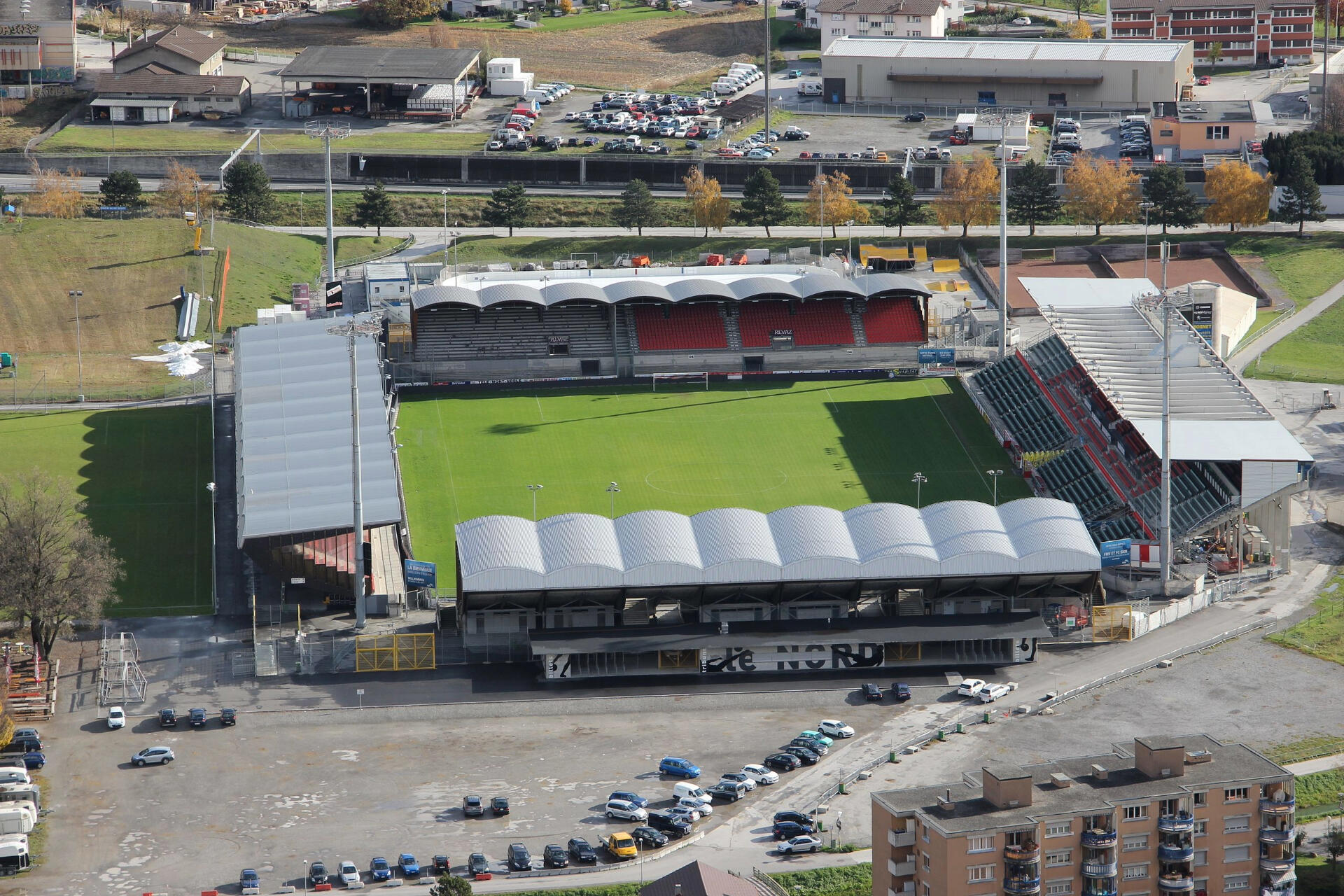
Summarise with AI:















